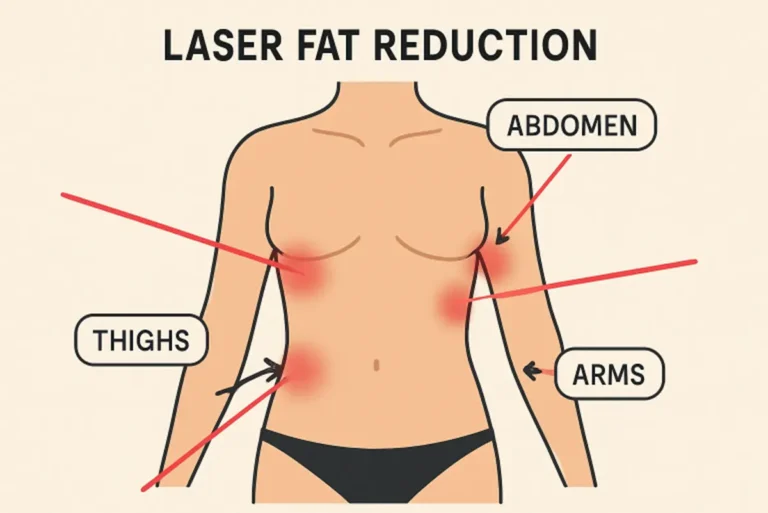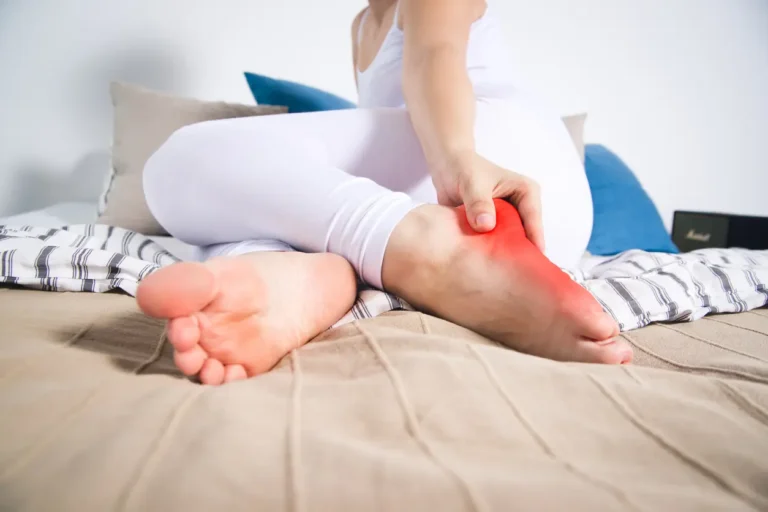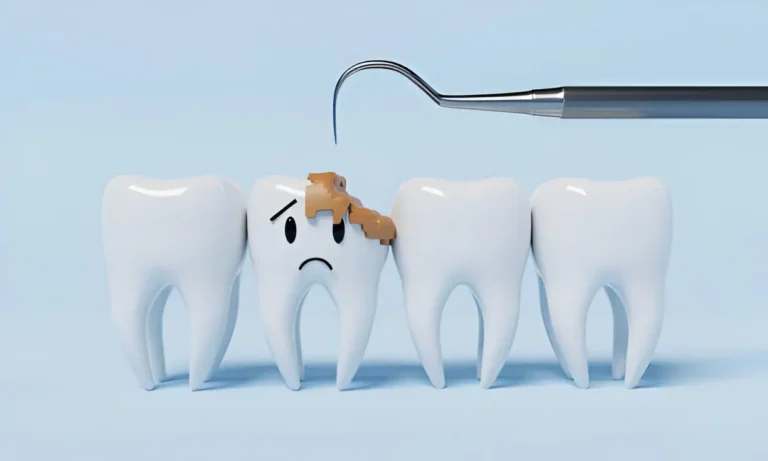Symptoms of Stress That Affect Your Body
Stress is an unavoidable part of modern life, but how it manifests in your body can often be surprising. While some people think of stress as purely mental, it can have a powerful and measurable effect on your physical health. In places like Charleston, where a fast-paced lifestyle meets charming yet busy streets, many people underestimate just how deeply stress can influence their day-to-day well-being. The good news? With awareness and proactive care, you can turn these symptoms into signals that guide you toward healthier choices rather than barriers that hold you back.
The Connection Between Mind and Body
Your body doesn’t differentiate between a looming work deadline and a more primal danger—it reacts in the same way. Stress triggers your “fight or flight” response, flooding your system with hormones like cortisol and adrenaline. These chemical changes affect your heart rate, breathing, digestion, and even immunity.
In Charleston, where balancing work, family, and social life can feel like an Olympic sport, recognizing this mind-body link can help you intervene early. By noticing subtle symptoms—like muscle tension or headaches—you can address stress before it grows into something more serious. Instead of seeing stress as purely harmful, think of it as a messenger reminding you to pause, recalibrate, and care for yourself.
Physical Signals You Shouldn’t Ignore
It’s easy to dismiss physical symptoms as random or unrelated, but in reality, they often point back to stress. Below is a table showing common physical symptoms and how they relate to stress:
| Symptom | Possible Stress Link | Positive Action to Take |
| Headaches | Muscle tension, hormone surges | Hydration, deep breathing exercises |
| Fatigue | Over-activation of the nervous system | Short breaks, better sleep hygiene |
| Digestive Issues | Disrupted gut-brain communication | Mindful eating, probiotics |
| Muscle Pain | Constant tension in shoulders, neck, or back | Gentle stretching, yoga |
| Rapid Heartbeat | Increased adrenaline levels | Meditation, light walks |
This isn’t meant to scare you. In fact, recognizing these early signs is empowering. Residents in Charleston have been turning to community wellness events, walking along the waterfront, or engaging in light outdoor activities to counteract these physical signs. The result? A healthier, more balanced approach to daily living that transforms stress into a motivator rather than a burden.
How Stress Shapes Your Daily Energy Levels
One of the most overlooked effects of stress is how it impacts your stamina. It doesn’t just drain you emotionally—it subtly changes the way your body uses and stores energy. You might notice you’re more easily fatigued, even after a good night’s sleep. This happens because prolonged stress keeps your body in a mild “alert” state, preventing it from fully resting and repairing itself.
When you live in a place with as much beauty and opportunity as Charleston, it’s worth using that environment to your advantage. Walking along scenic streets, enjoying fresh coastal air, or attending a wellness class can help reset your nervous system. The shift in your environment can trigger your brain to slow down, restoring both your energy and motivation.
Why Skin and Hair Often Reflect Stress Levels
Your skin and hair act as mirrors to your inner health, and stress leaves visible clues. You might notice breakouts, dryness, or sudden hair shedding during high-stress periods. That’s because stress hormones can increase oil production, delay cell renewal, and restrict blood flow to the scalp.
The encouraging part? These effects are often reversible once you actively manage your stress. Many in Charleston turn to natural skincare routines, coastal spa treatments, or even DIY masks using local ingredients. When you give your body a break, you’re not just improving how you feel—you’re enhancing how you look. That positive feedback loop often inspires continued self-care.
Improving Sleep Despite Stress
Sleep is where your body restores balance, but stress can disrupt this crucial process. Racing thoughts, restlessness, or waking up frequently are common. When your mind stays in “problem-solving mode” at night, your body doesn’t reach the deep restorative stages of sleep.
The solution isn’t complicated. Create a consistent wind-down routine—dim lights, avoid screens, and maybe read something uplifting. In Charleston, many people use gentle evening walks to relax before bed, letting the rhythmic movement signal to the body that it’s time to rest. Over time, small rituals like these can dramatically improve sleep quality, even during stressful seasons.
Using Stress as a Catalyst for Better Health
It’s easy to label stress as purely negative, but this isn’t entirely fair. In many cases, stress can be a powerful motivator for change. If your body is sending you warning signals—like persistent tension or digestive discomfort—it’s urging you to reassess your lifestyle.
By viewing stress as feedback rather than failure, you can create lasting habits that serve you well beyond the moment. People in Charleston often embrace stress as a nudge toward more outdoor activities, stronger community ties, or a renewed focus on fitness. This reframing allows you to transform what could have been a setback into a source of momentum.
Adopting Preventative Habits
The best way to manage stress symptoms is to prevent them from building up in the first place. Some proven strategies include:
- Mindful breathing: Slows the heart rate and reduces tension.
- Physical activity: Even light movement increases endorphins.
- Balanced nutrition: Supports stable mood and energy levels.
- Positive social interaction: Talking with friends or loved ones relieves emotional weight.
- Creative outlets: Writing, painting, or music can channel stress productively.
In Charleston, the community vibe encourages these habits naturally. The combination of scenic views, local wellness culture, and a slower-paced charm makes it easier to incorporate them into your daily routine.
A New Perspective on Stress
Your body’s stress responses aren’t a sign of weakness—they’re proof that your system is doing its job to keep you safe. By learning to read these signs, you gain the ability to intervene early and turn the tide in your favor.
Life in Charleston offers a unique opportunity to blend the demands of modern life with the restorative powers of nature and community. Whether it’s the calming ocean breeze, the vibrant art scene, or the strong sense of local connection, you have tools around you to manage stress and even harness it for personal growth.
Instead of fearing the symptoms, you can choose to see them as helpful signals—little reminders from your body to care for yourself, seek joy, and embrace balance.
FAQs
Q1: Can stress symptoms really be reversed?
Yes. With consistent healthy habits, most stress-related physical symptoms improve significantly over time.
Q2: Is it normal to experience stress even in a relaxed city like Charleston?
Absolutely. Stress is influenced by personal challenges, not just location, but Charleston’s calming environment can help you manage it more effectively.
Q3: How quickly can lifestyle changes reduce stress symptoms?
Some people notice improvements within days, while others see changes over weeks. Consistency is key.
Q4: Are stress symptoms the same for everyone?
No, symptoms can vary widely—some people experience headaches, others fatigue or digestive issues.
Q5: Does stress ever have positive effects?
Yes, in small doses, stress can boost motivation, focus, and resilience when managed well.
Also Read-Why Energy-Efficient Elevators Need More Than Just Tech: Maintenance Matters






